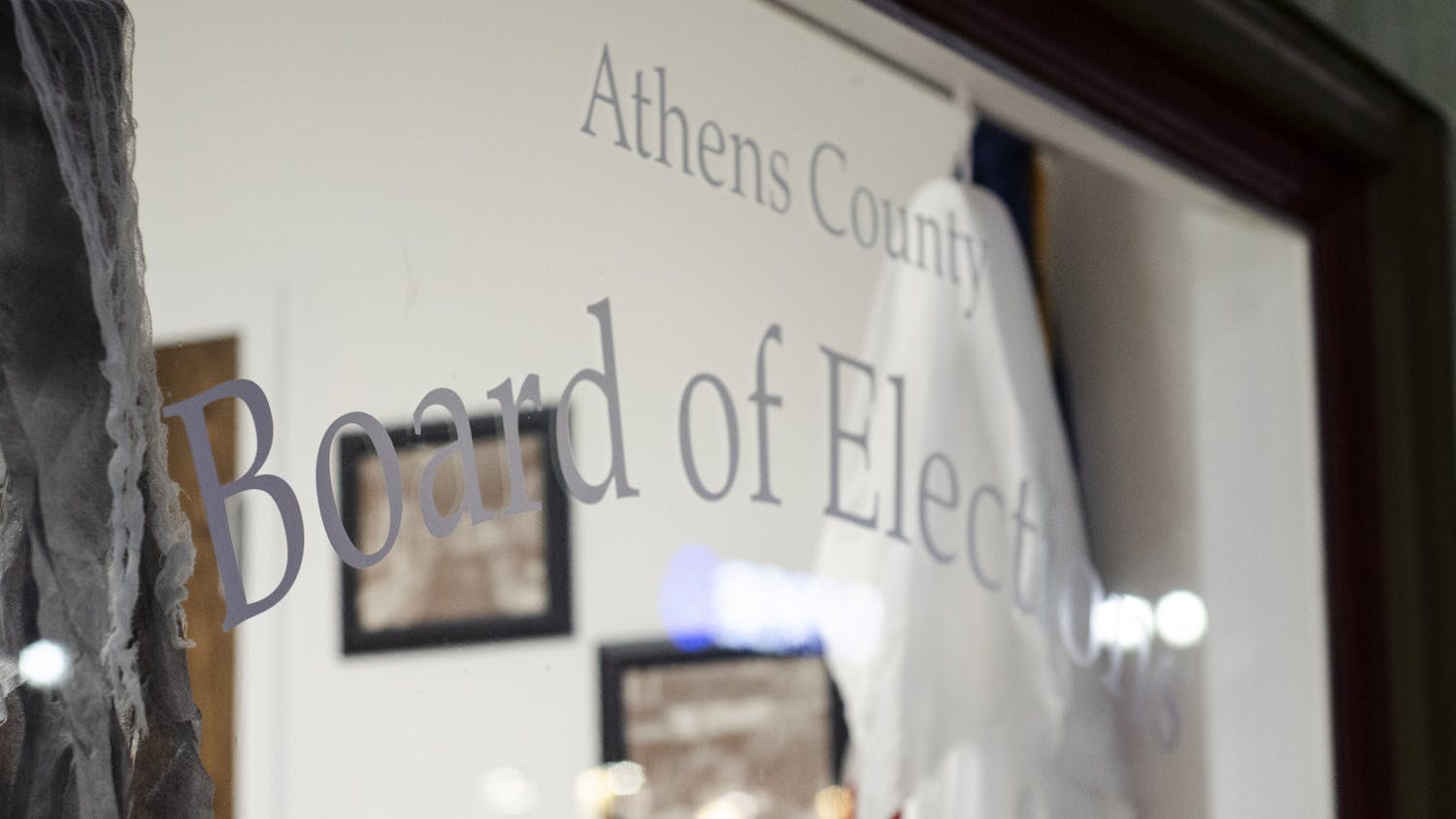I have always felt a tinge of jealousy around Christmas. Not because I want to decorate a tree or I like the idea of a random old man coming into my house in the middle of the night, but because of winter break. Winter break is purposefully put during the time of Christmas and the New Year, which are also both federal holidays. I remember thinking to myself “What about my holy days? What about my New Year?”
Of course, I understand that it is a different circumstance. Many more people celebrate Christmas than Rosh Hashanah or Yom Kippur, so it makes sense that the whole country gets a day off. But for some reason, I couldn’t get my holidays off, even for myself. I struggled with this a lot in high school, attempting to maintain the level of religious observance I had while still staying on top of my school work. Ultimately, my grades had to take precedent. I did not get to go to synagogue as often as I would have liked to because it would mean missing school and putting my academic success at stake.
No student should have to make the decision that I did. So I vowed that once I entered college, things would be different. I was going to be on my own, making my own decisions about how I would observe the Jewish holidays. I was excited by this new chapter, and I emailed my professors far in advance to tell them I would be missing classes for the fall Jewish holidays, like Rosh Hashanah, Yom Kippur and Simchat Torah. While I did not get to observe all of the holidays that I would have liked to, I felt that I had made great strides. My spirituality was experiencing new heights thanks to my independence.
And then it all came crashing down again. In the spring, I informed a professor that I would be missing several days so that I could observe Passover. She then told me that, because of her class policy, my grade would be dropped by a whole letter if I missed more than three days of class in the semester. I was shocked, I had no idea what to say. Thankfully, Ohio University has a policy on religious accommodations. I was able to invoke it and save my grade, but what would have happened to me if I were at another school, one without this policy? Would I have done what I did in high school, choose to attend class over attending religious services? Or would I let my grades suffer for my spiritual fulfillment?
This is where House Bill 353 comes in. The bill, aptly named “The Testing Your Faith Act”, would make it a requirement for higher education institutions to give students a minimum of three days every semester to observe religious holidays, as well as provide accommodations for missed exams and other situations which may arise. This bill has the ability to have an immeasurably positive impact on students like myself. No student should have to choose between their faith and their academic success.
I am really excited for this bill, as it seems that it is definitely going to pass. It has bipartisan support, and passed unanimously in the Ohio House of Representatives. Students of several faiths have testified in support of it and I was one of those students. I was able to testify both during the House of Representatives meeting last year and today in the Senate meeting. In fact, it was my recommendation that the bill be amended to allow for a minimum of three days a semester for religious observances, as the original bill proposed a minimum of three days per year.
I feel a very strong connection to this bill, both because it will help students like myself and because I was able to testify in support of it. I have no doubt that the Senate will also pass it unanimously. I hope that students at higher education institutions across Ohio can benefit from it, and I am so happy I could be part of this.
Hadass Galili is a senior studying political science pre-law at Ohio University. Please note that the views and opinions of the columnist do not reflect those of The Post. Do you agree? Tell Hadass by tweeting her at @HadassGalili.






